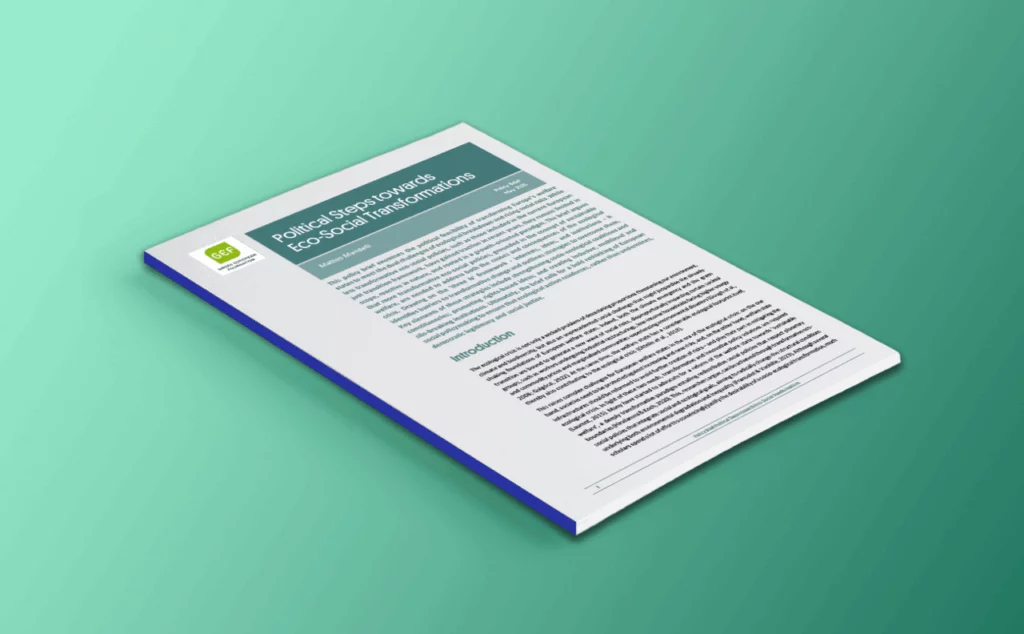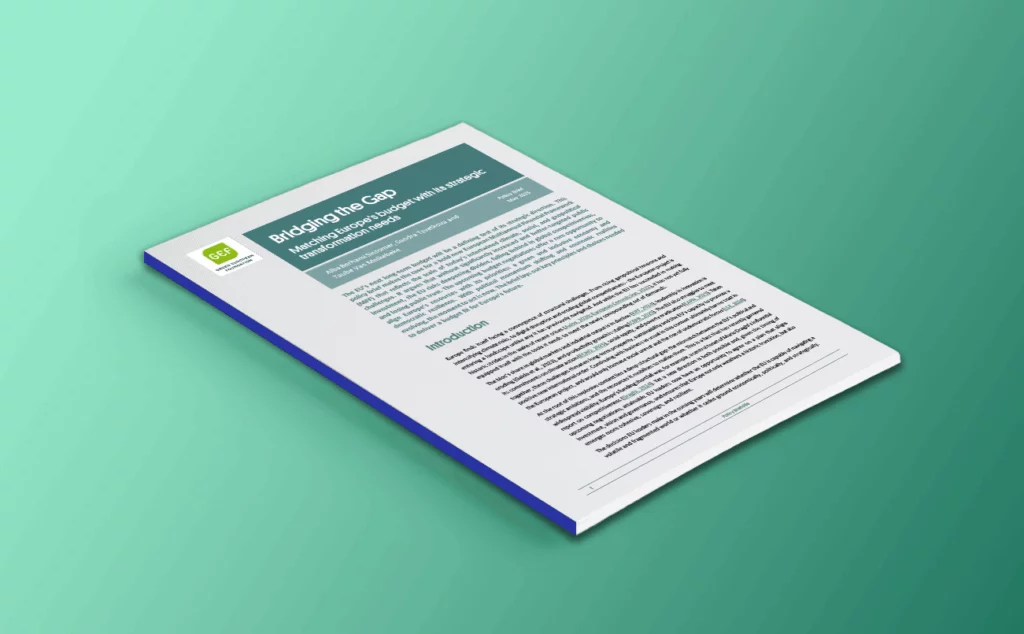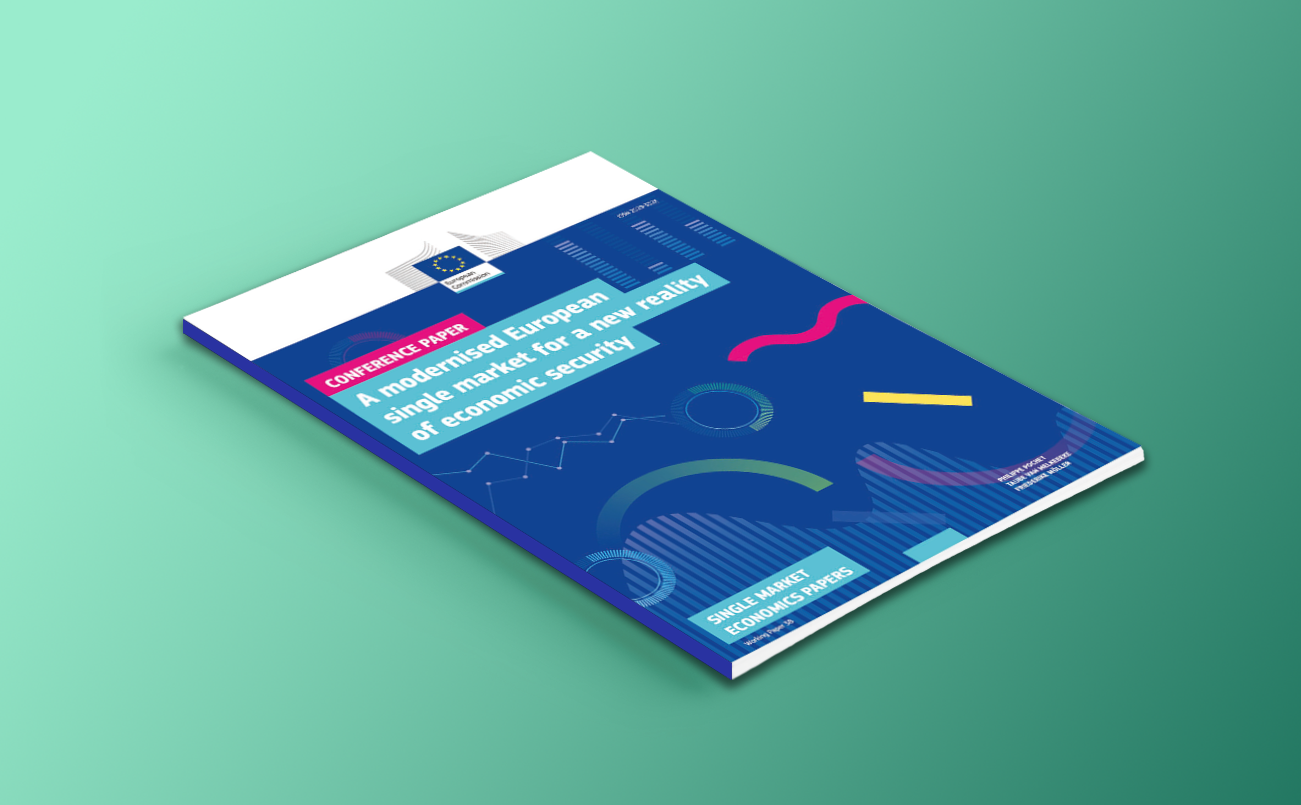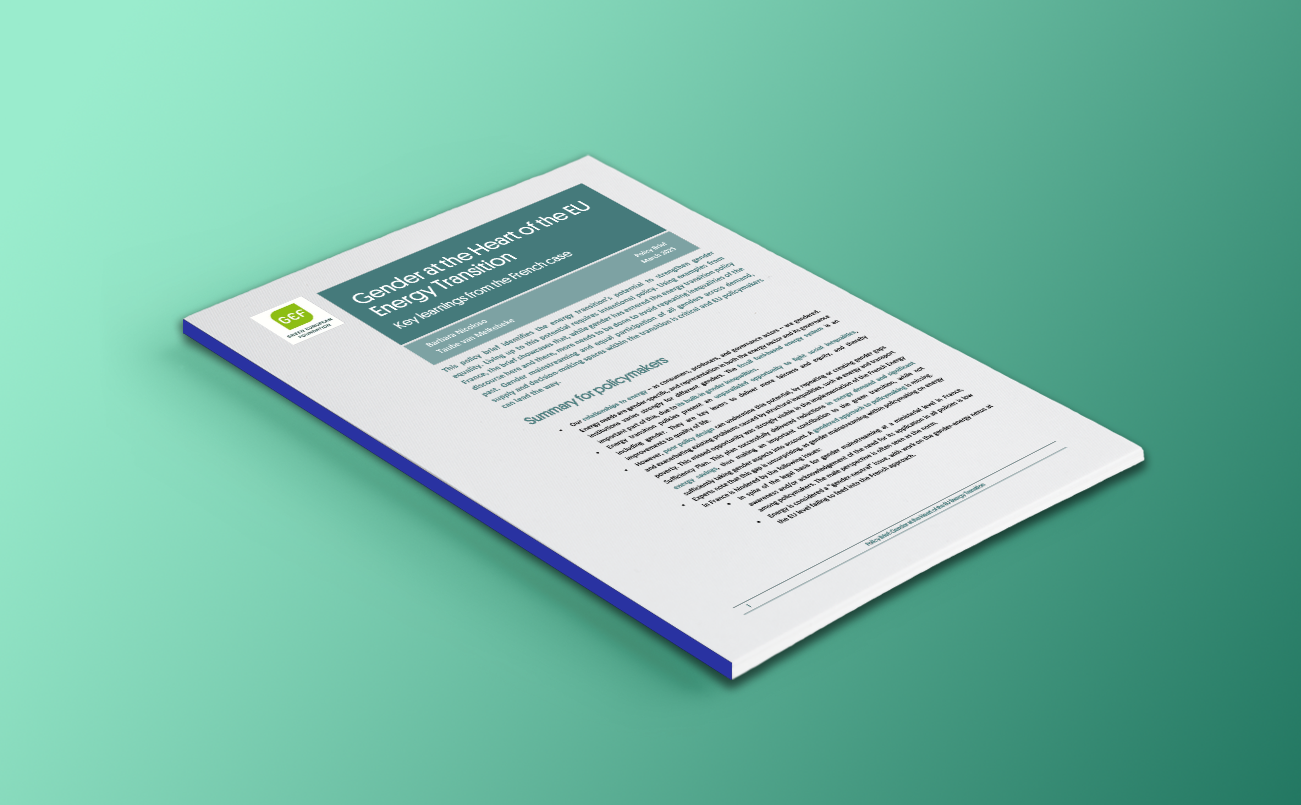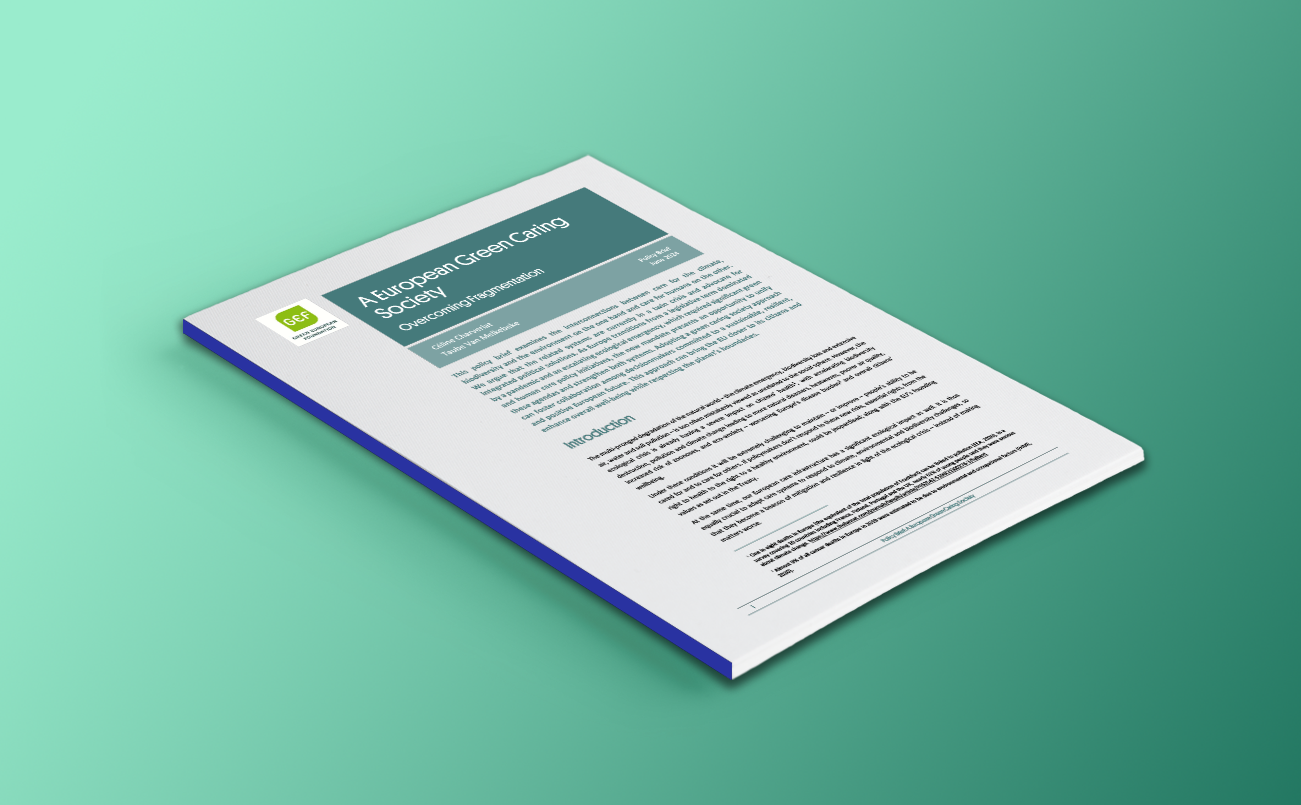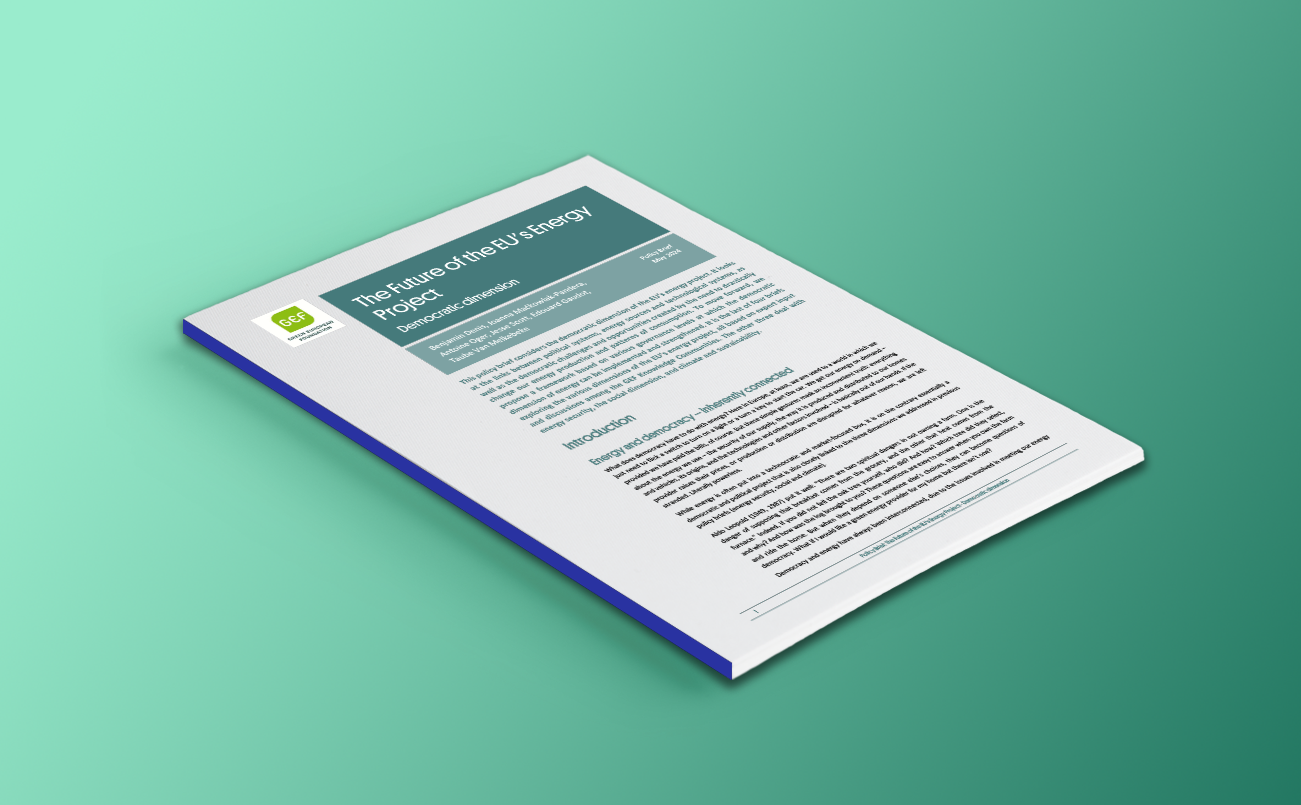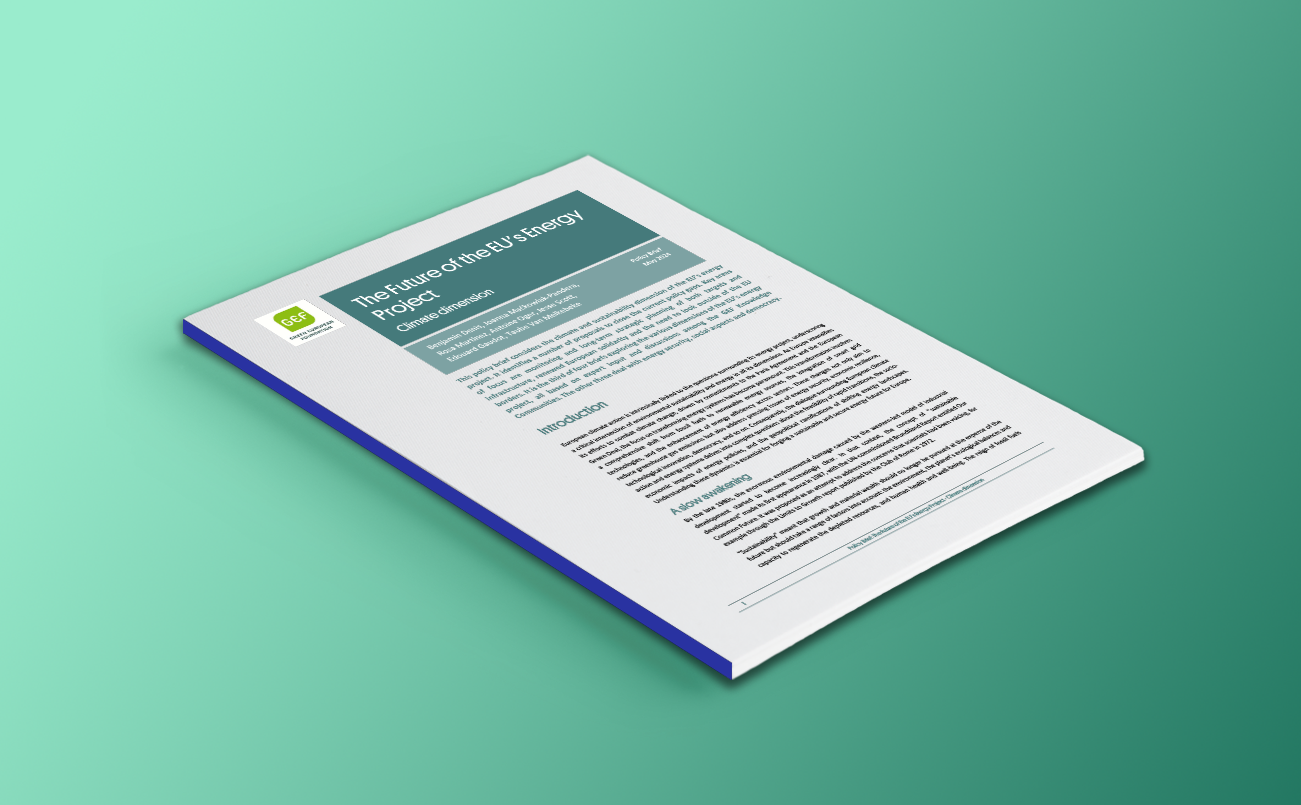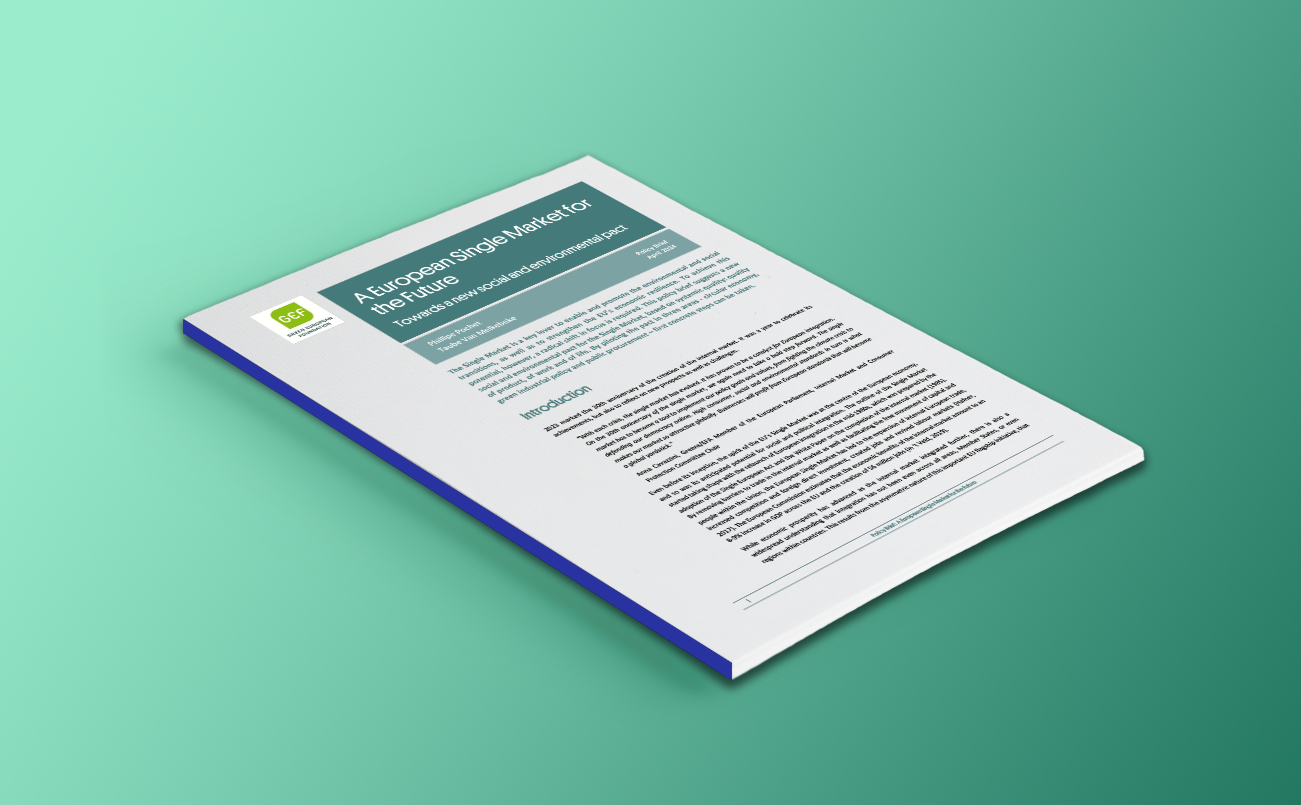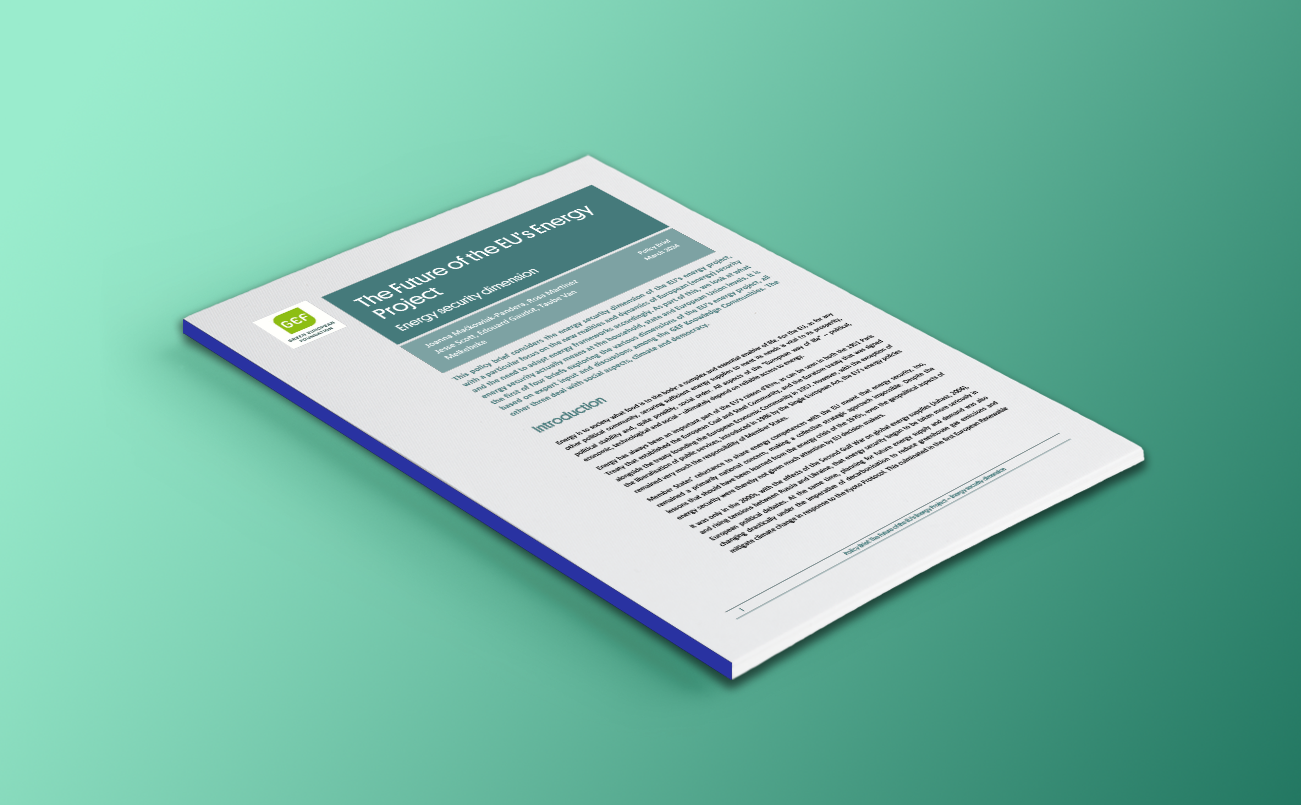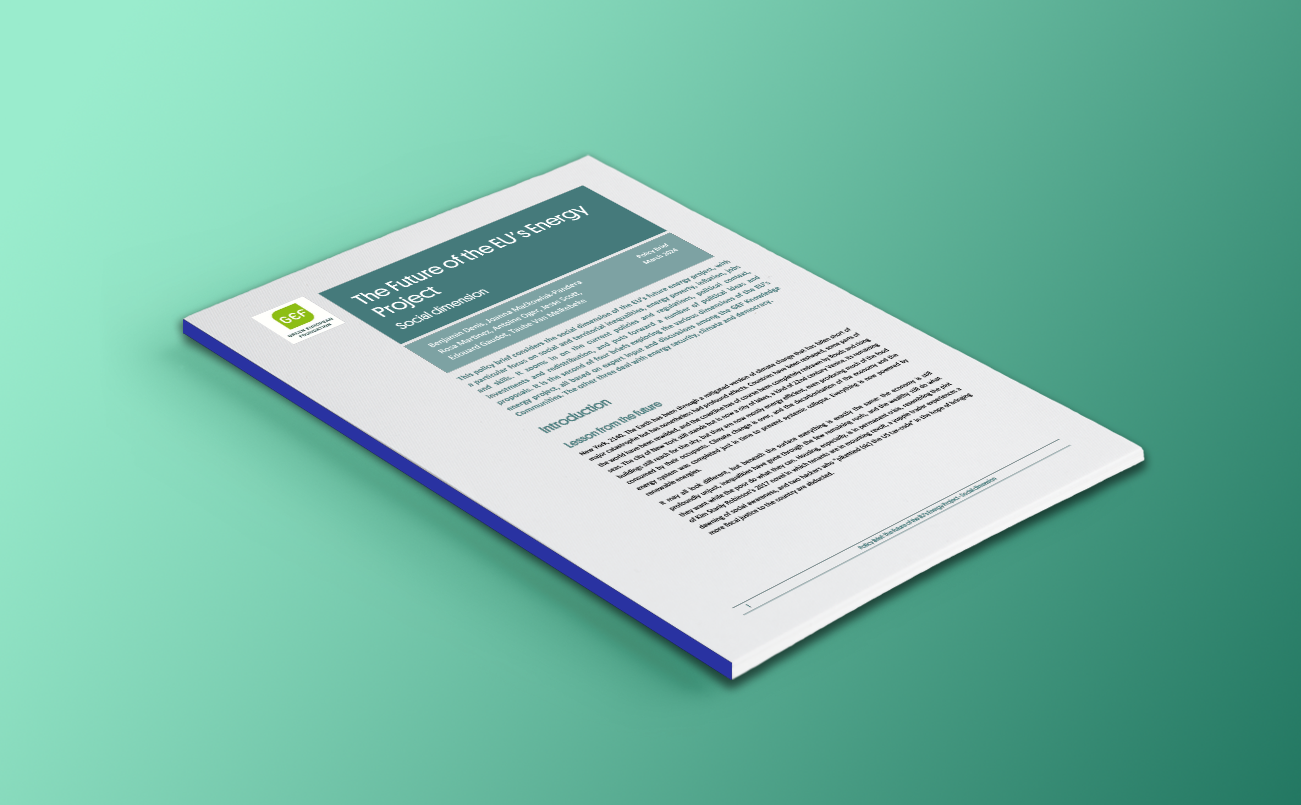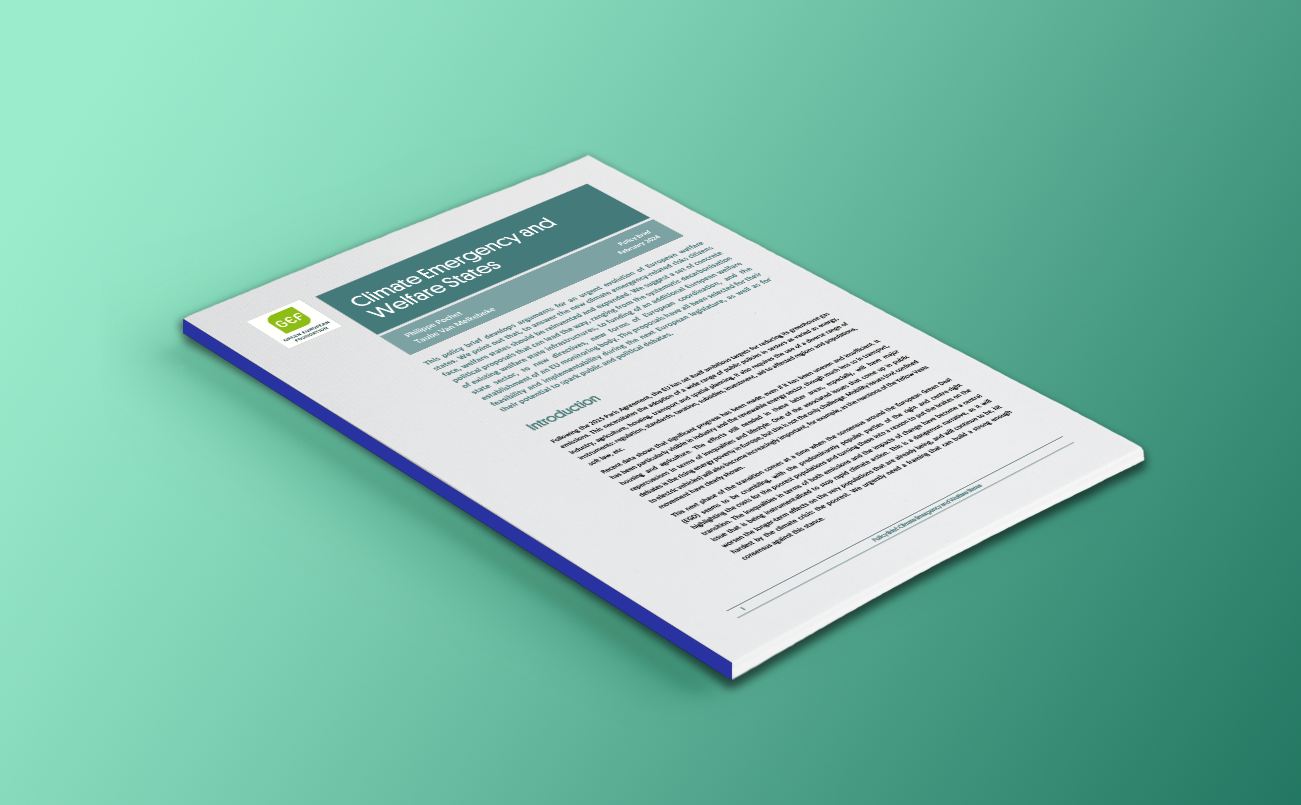
About
As Europe electrifies, it will need to invest massively in its grid. Grid investment is paid for through network tariffs, a component of energy bills. A surge in investment means a surge in network tariffs. But how should these costs be fairly allocated in the context of a just transition for all and an ongoing cost-of-living crisis across Europe?
Well-designed grid tariffs can reward household flexibility that eases pressure on grids while protecting vulnerable consumers. This brief calls on the European Commission to provide stronger guidance for national regulators on designing network tariffs that encourage those who can to flex their electricity demand while protecting vulnerable consumers and working to reduce energy poverty.
This policy brief is one in a series of briefs developed by a Knowledge Community of approximately 30 experts in energy and social policy from industry, the EU institutions, civil society and think tanks. The group met several times over half a year to discuss how to foster participation and inclusion in the energy transition. To write the briefs, the authors used a collaborative method where they presented each draft during Knowledge Community meetings, then led a dedicated discussion, drawing ideas from the expertise in the group to develop their work.
Authors
- Tom Lewis is Energy Policy Coordinator at Climate Action Network Europe
- Christophe Jost is Energy Policy Coordinator at Climate Action Network Europe
The other briefs in this series are:
We encourage you to explore the two policy briefs featured above or access the complete collection below:
- Facilitating energy sharing
- Electricity tariff design
- Renovation and renewable heating and cooling
- Local transition management
- Just transition governance
This policy brief is published by the Green European Foundation with the financial support of the European Parliament to the Green European Foundation. The European Parliament is not responsible for the content of this publication. The views expressed in this publication are solely those of the authors and contributors and do not necessarily reflect the views of the European Parliament or the Green European Foundation.
Published with the support of the Heinrich-Böll-Stiftung European Union| Global Dialogue. The analysis and opinions expressed in this report reflect the views of the authors, and do not necessarily reflect the views of the Heinrich-Böll-Stiftung European Union | Global Dialogue.



